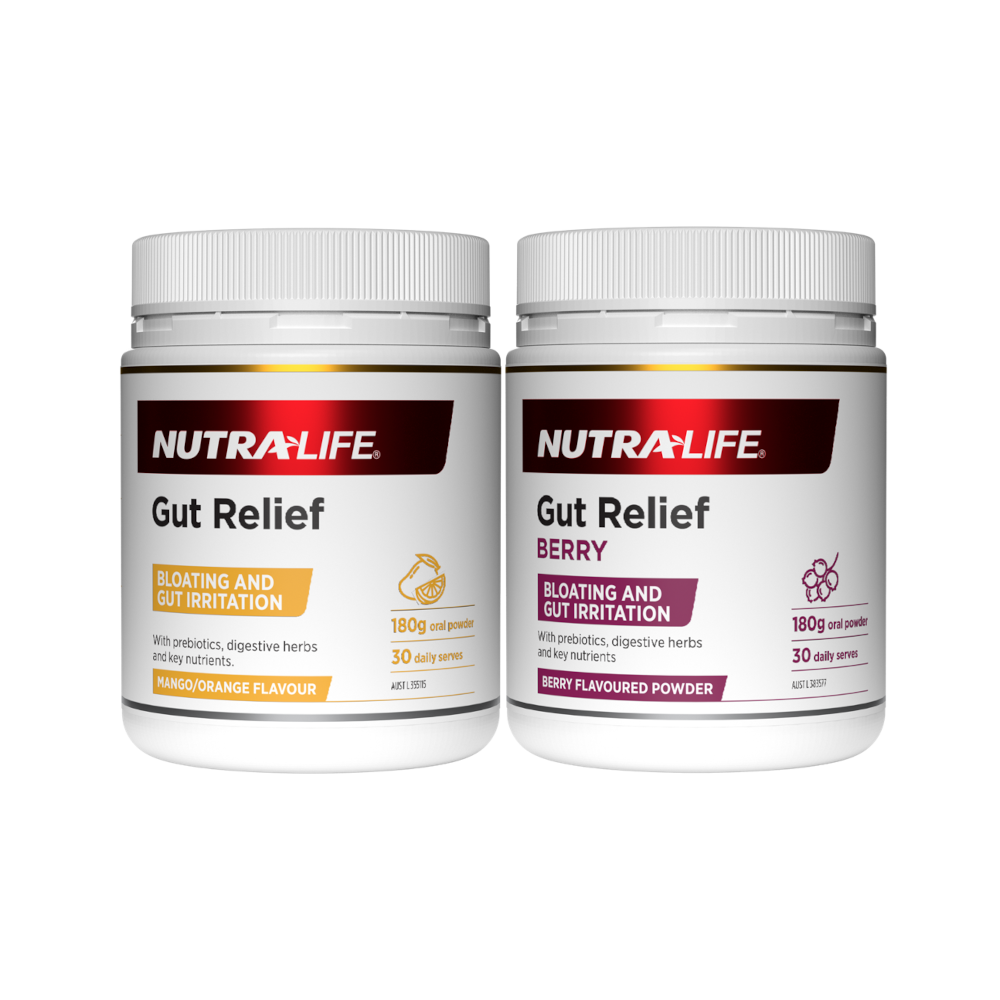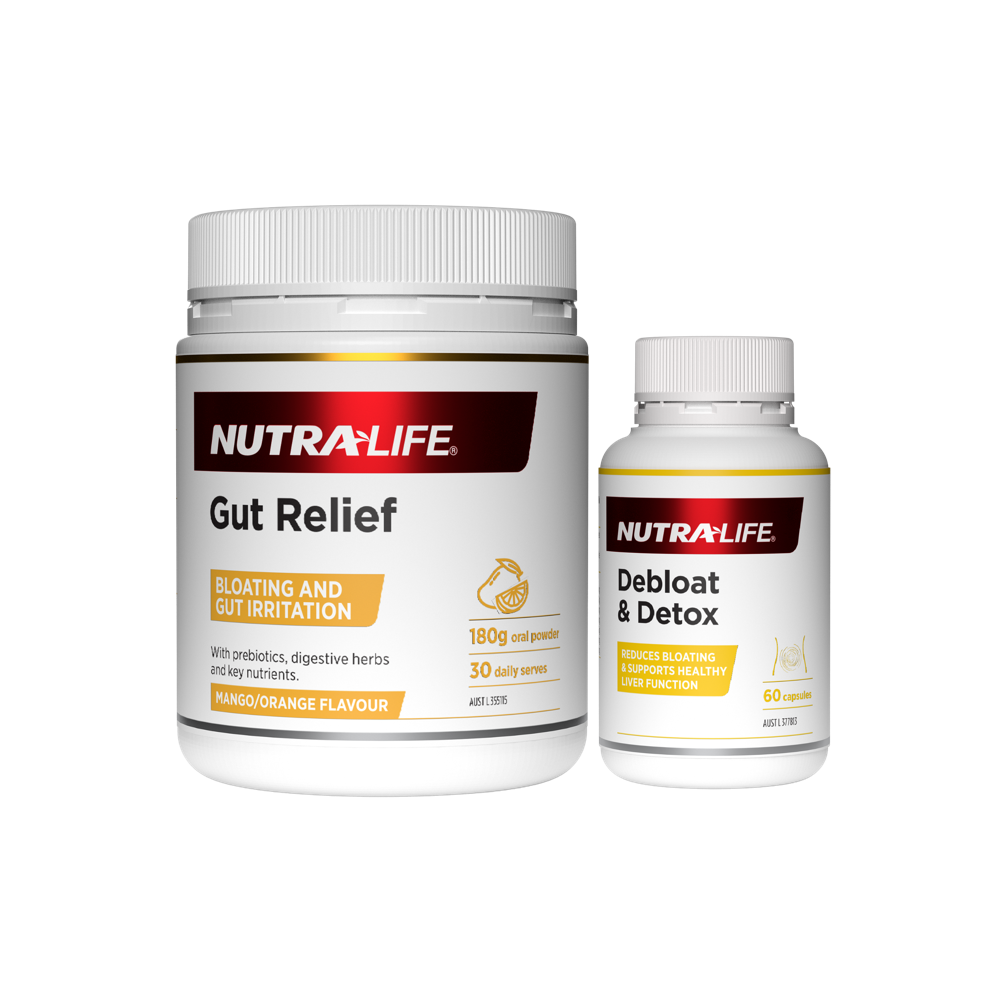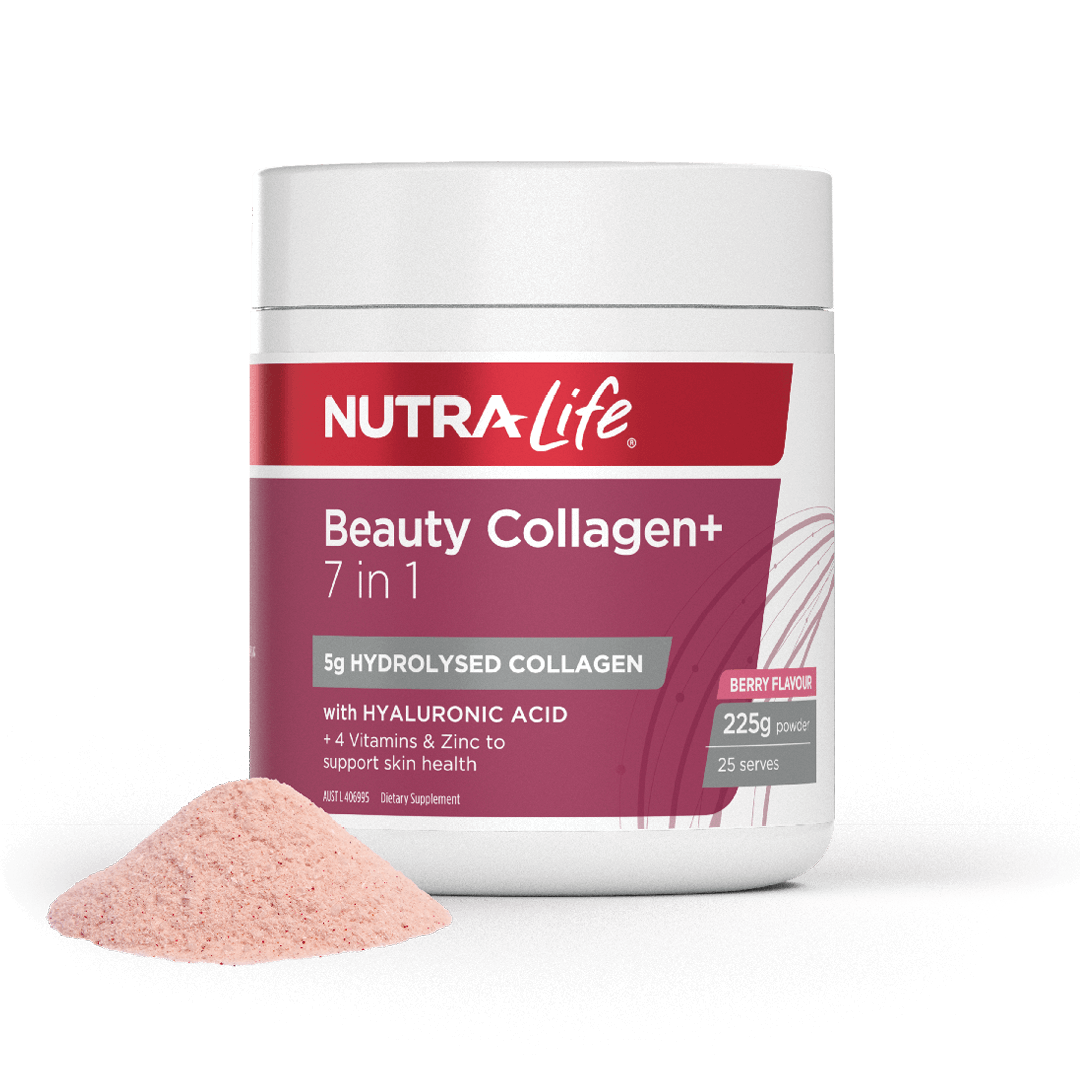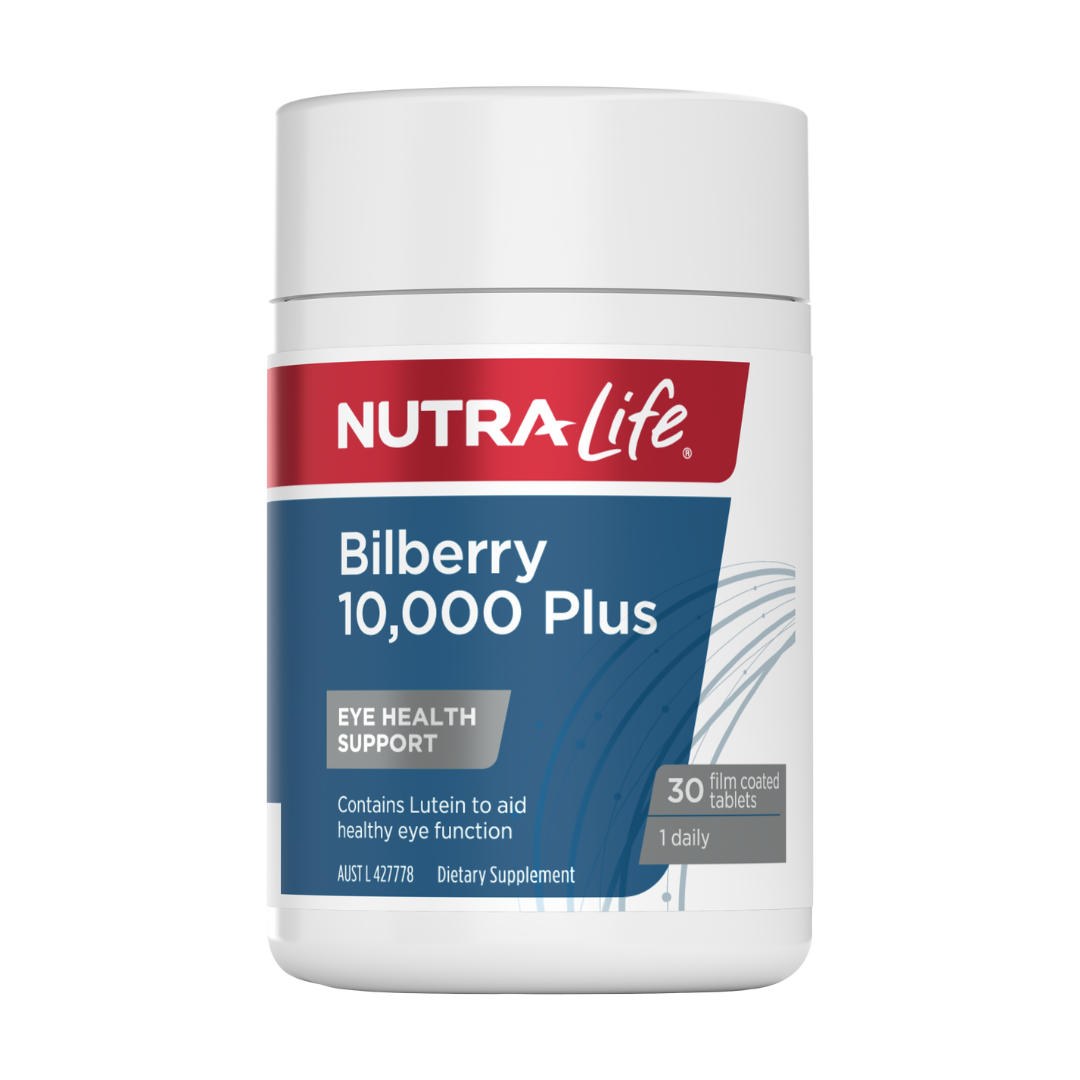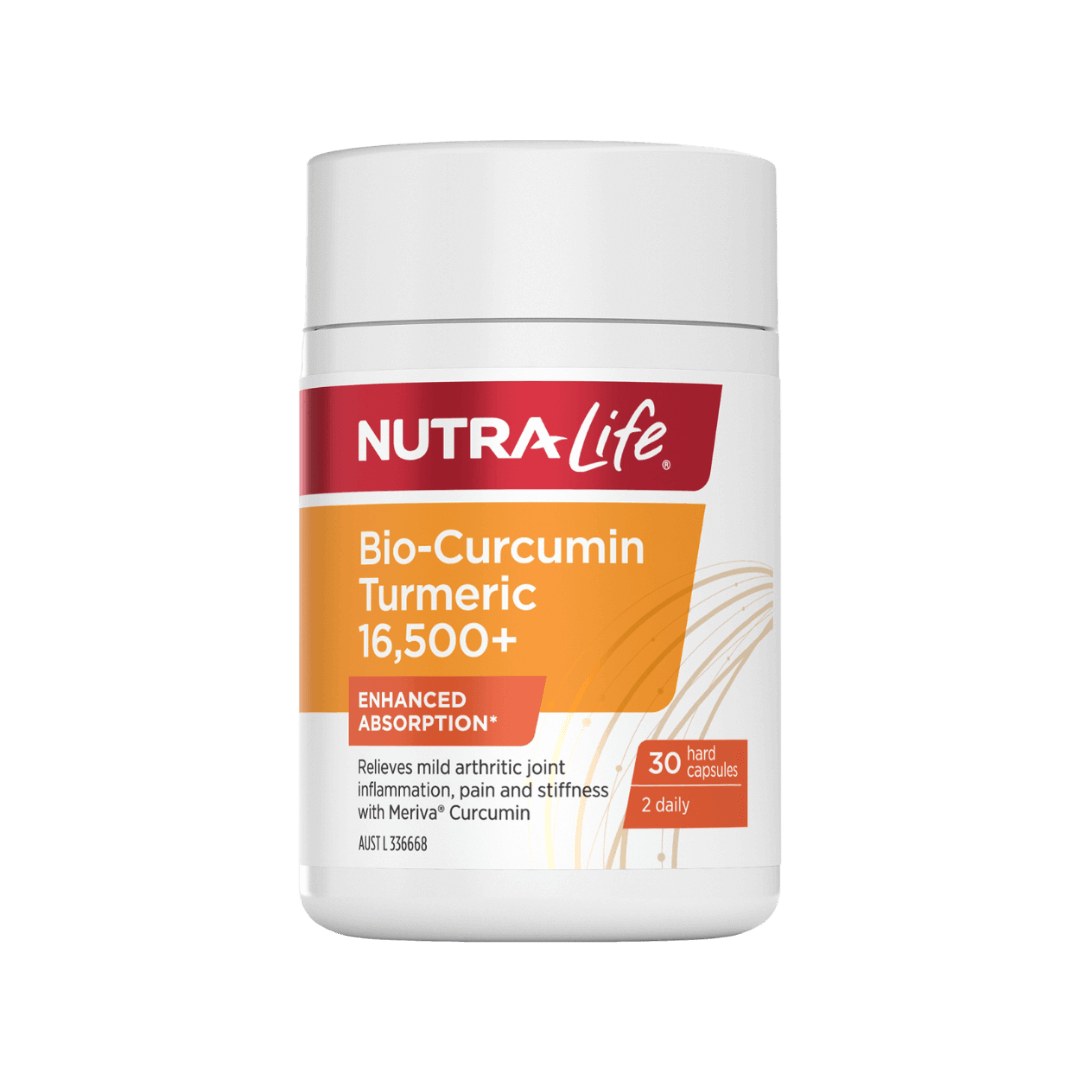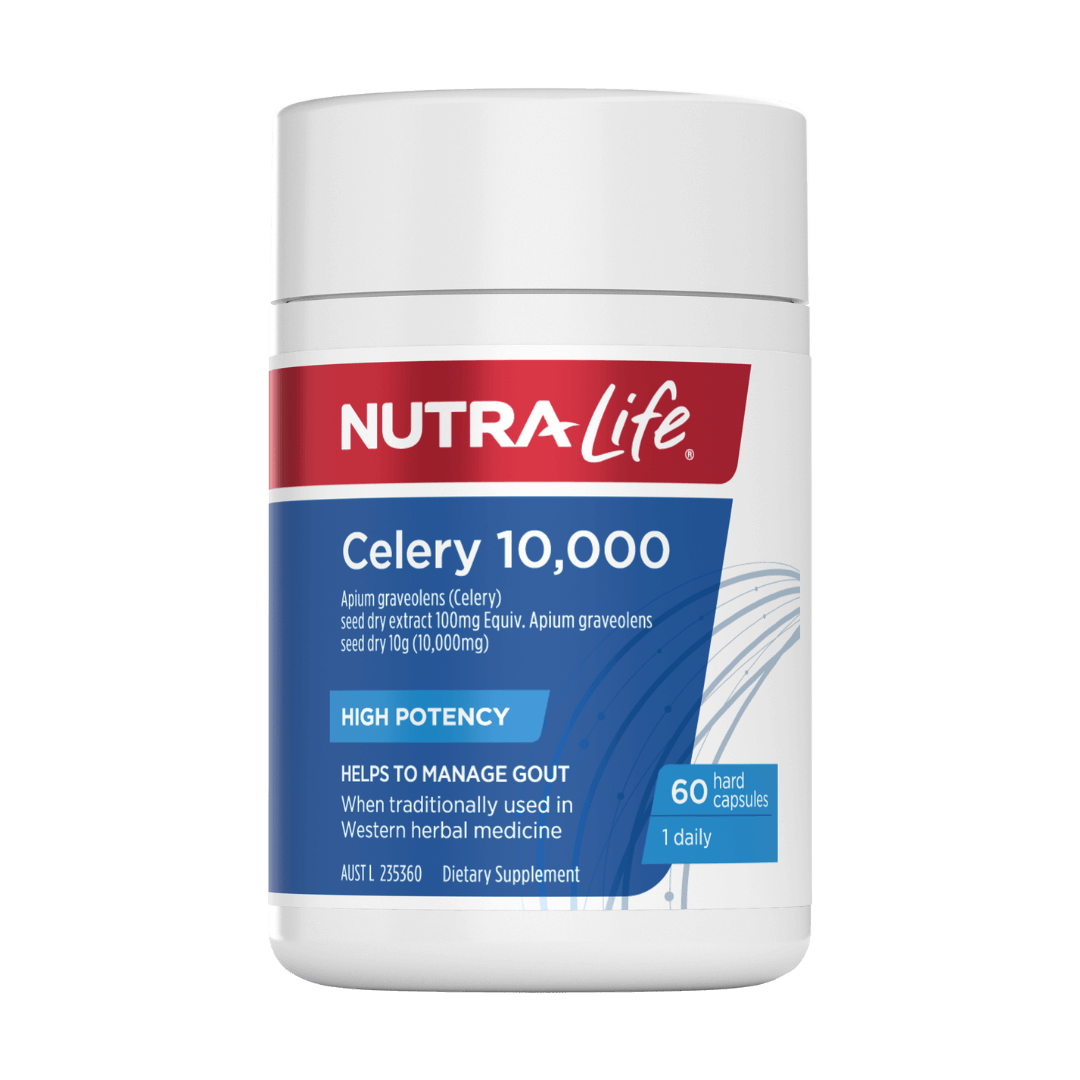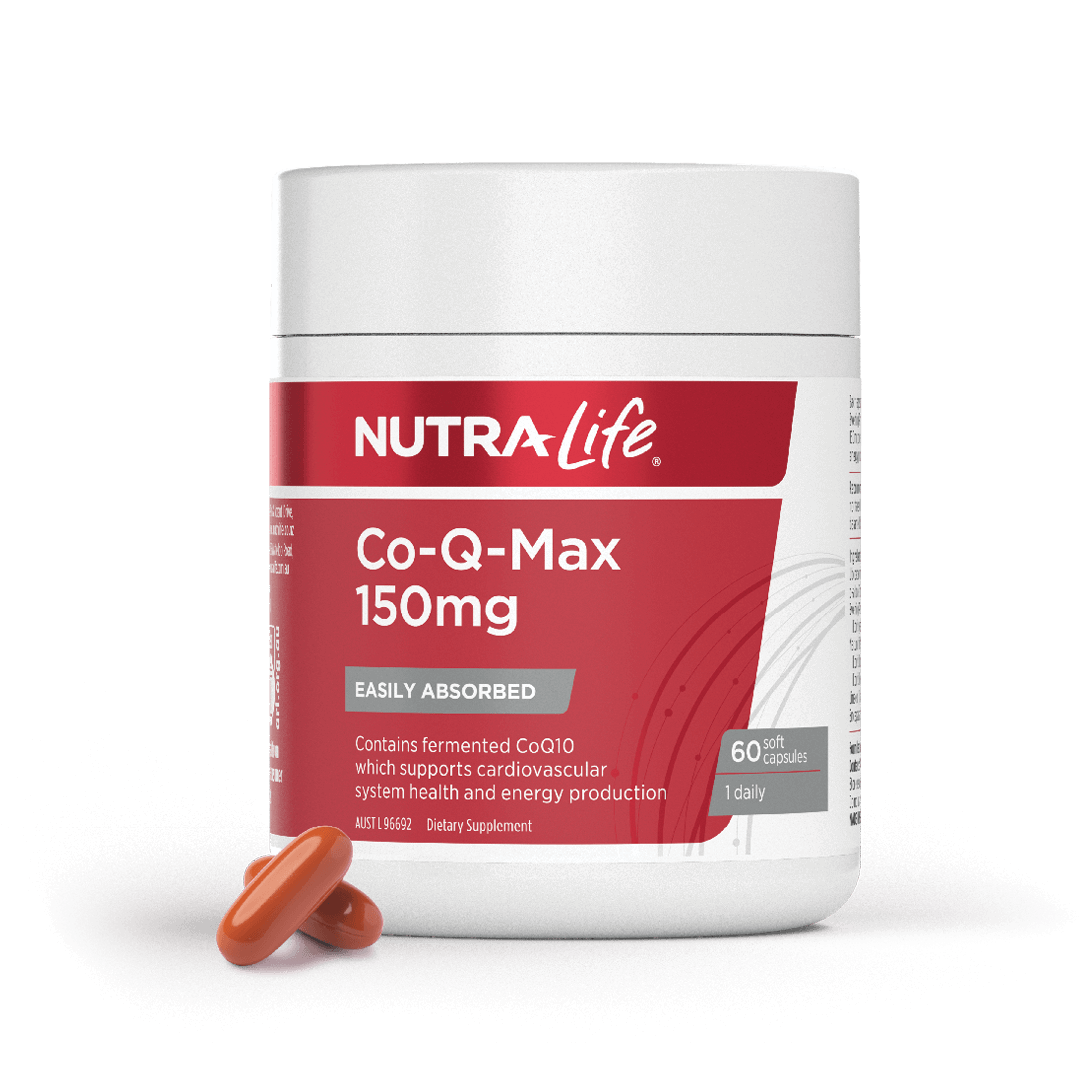Our lifestyles, mainly what we eat, play a vital role in skin care, and glowing skin is one of the indicators that your body is getting all the essential nutrients. Vitamins are especially crucial for a youthful and beautiful glow, and knowing which of these nutrients has the most impact on your skin health can keep your skin looking nourished and supple for longer.
Extensive medical research and dermatologic discoveries have supported the health benefits of these vitamins. They include some B complex vitamins, and vitamins A, C, K, E, and D.
Vitamin A
Vitamin A might be famous for its importance in maintaining healthy vision and lungs, but this vitamin also plays an essential role in giving your skin a youthful look. Retinol boosts skin cell production and growth. It also stimulates fibroblasts to synthesise collagen and other fibres responsible for keeping your skin firm.
Besides slowing down signs of ageing, the fibres also help in wound healing. Vitamin A also aids in protecting you against the harmful UV rays of the sun and other harmful irritants. The recommended daily intake of vitamin A is at least 700 mcg for women and 900 mcg for men.
Vitamin C
The benefits of Vitamin C on the skin cannot be disputed, and the deficiency of this essential micronutrient causes scurvy, a condition that can be manifested by skin problems. Vitamin C is one of the most powerful vitamins in countering the effects of prolonged sun exposure due to its antioxidant properties.
Vitamin C is found in the dermis and epidermis layers of the skin. It protects the skin against UV-induced damage attributed to free radicals. This function is known as photo-protection. Vitamin C also plays an essential role in the production of collagen, a structural protein that keeps the skin firm. Taking vitamin C supplements can also accelerate wound closure time because it promotes keratinocyte differentiation and stimulates the formation of an epidermal barrier.
Due to its importance for our health, we should ensure that we incorporate vitamin C in our diets. The recommended daily intake of the vitamin is at least 75 milligrams for women and 90 milligrams for men. However, you can take up to 2,000 milligrams in a day.
Vitamin B7
Among the water-soluble B complex vitamins, Biotin or vitamin B7 seems to have the biggest affect on our skin health. The nutrient forms the basis of skin cells, and the lack of Biotin may result in an itchy and scaly skin reaction known as dermatitis.
For your skin and body to fully benefit from this vital vitamin, you should ensure that you take at least 2.5 milligrams daily.
Other Essential Vitamins for Skin Nutrition
Other vitamins that are known to promote skin health include vitamin E which contains the same anti-ageing and photo-protection properties as vitamin C. Supplementing your dietary intake of vitamin E with at least 400 milligrams daily can help fight wrinkles, smoothen your skin, and reduce photo-damage.
You can also count on Vitamin B3 or Niacin which is known to treat pellagra, and its anti-inflammatory characteristics can soothe dry and irritated skin.


